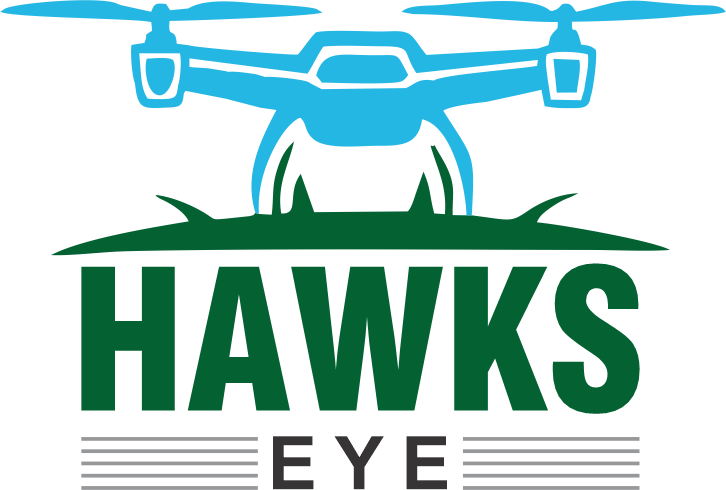Agriculture Survey
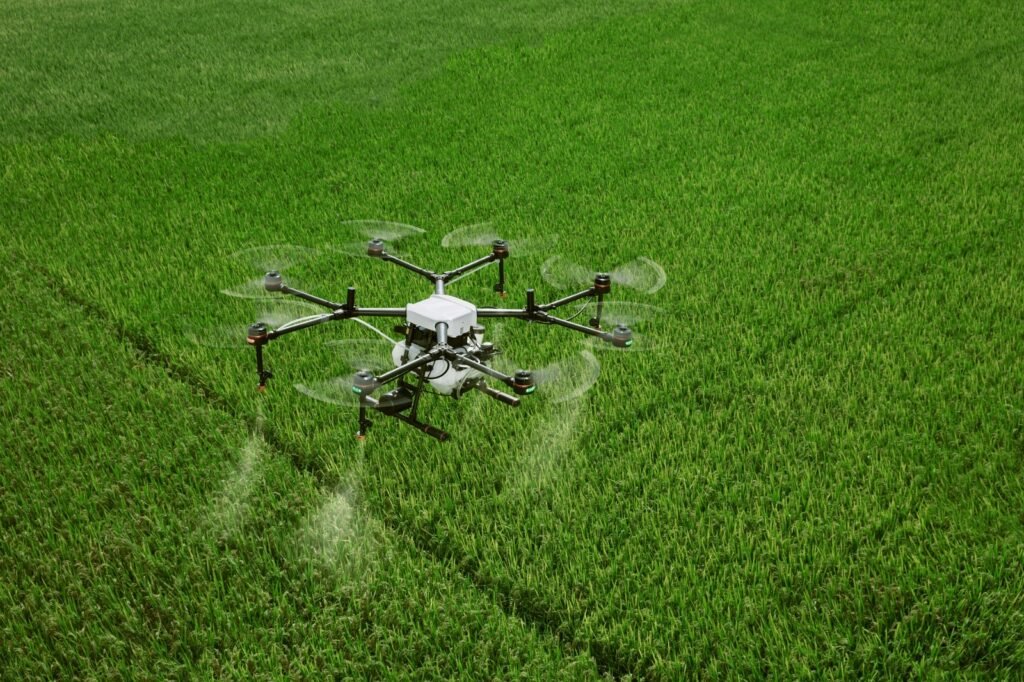
Hawks Eye's Drones for agriculture services are revolutionizing the way farmers and agricultural businesses manage their crops and land. These services provide high-resolution aerial imagery, data analysis, and real-time monitoring, enabling precise decision-making to enhance crop yield, manage resources efficiently, and detect issues like pests or diseases early.
Key Benefits of Drones in Agriculture:
Precision Agriculture: Drones offer detailed maps of crop health, soil conditions, and irrigation levels, allowing for precise application of water, fertilizers, and pesticides.
Time and Cost Efficiency: Drones can survey large areas quickly, reducing the need for manual inspections and saving both time and labor costs.
Early Detection of Issues: With multispectral imaging, drones can identify crop stress, pest infestations, and disease outbreaks before they become visible to the naked eye, allowing for timely interventions.
Improved Resource Management: By analyzing drone data, farmers can optimize the use of water, seeds, and fertilizers, reducing waste and increasing efficiency.
Data-Driven Decisions: The data collected by drones is processed using advanced analytics, providing actionable insights for better decision-making, from planting to harvesting.
Crop Health Inspection
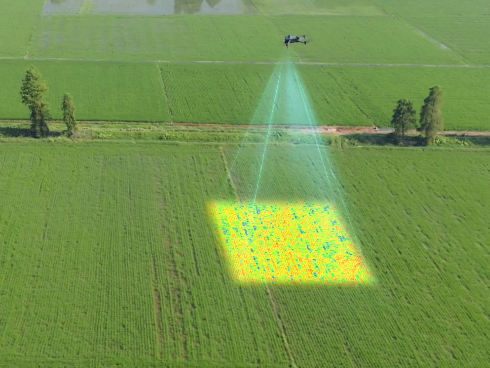
Crop health inspection is an essential practice in modern agriculture, supported by cutting-edge technology. It empowers farmers to make informed decisions, protect their crops, and achieve higher yields with greater efficiency. Service providers offering crop health inspection using drones and advanced analytics are at the forefront of this agricultural revolution, helping to shape the future of farming.
Benefits of Crop Health Inspection:
- Early Detection: Identifying problems early allows for timely interventions, reducing crop loss and ensuring better yield.
- Precision Agriculture: By pinpointing specific areas of a field that require attention, resources such as water, fertilizers, and pesticides can be applied more efficiently.
- Cost Savings: Efficient use of inputs and timely interventions reduce overall costs, leading to higher profitability.
- Sustainability: By optimizing resource use and minimizing chemical inputs, crop health inspection supports sustainable farming practices.
Automatic Crop Detection
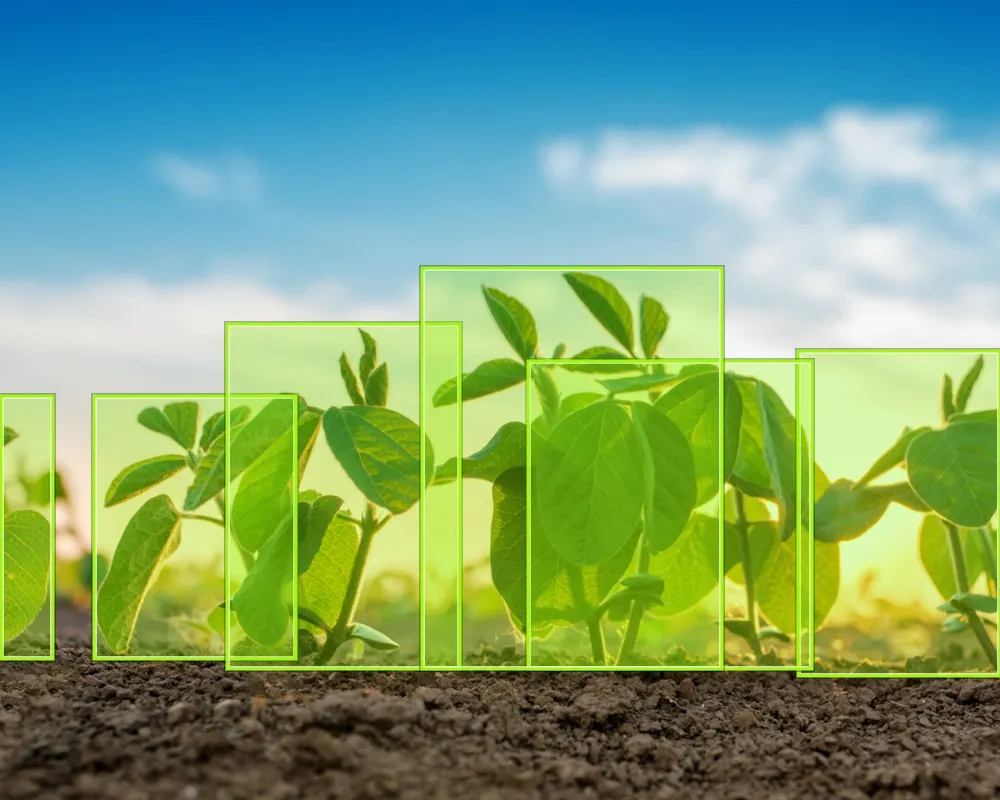
Automatic crop detection is an advanced agricultural technology that uses artificial intelligence (AI), machine learning, and remote sensing to identify and monitor crops in fields without human intervention. This technology is becoming increasingly important as it enables farmers, agronomists, and researchers to gain insights into crop types, growth stages, and health conditions more efficiently and accurately.
Advantages of Automatic Crop Detection:
- Efficiency: Automating the detection process reduces the need for manual labor, saving time and resources.
- Accuracy: AI-driven analysis often results in more accurate crop identification and monitoring compared to traditional methods.
- Scalability: The technology can be applied to fields of any size, from small farms to large agricultural regions.
- Real-Time Monitoring: Continuous data collection and analysis enable real-time insights, allowing farmers to respond quickly to changes in crop conditions.
Smart Crop Scouting
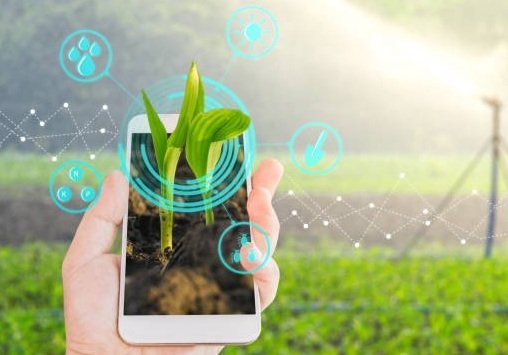
Smart crop scouting is an advanced agricultural practice that leverages technology to enhance the traditional process of scouting fields for crop health, pests, diseases, and other agronomic issues. By using digital tools like drones, sensors, mobile apps, and AI-powered platforms, smart crop scouting allows farmers and agronomists to monitor their crops more efficiently and make data-driven decisions to optimize crop management.
Irrigation Monitoring and Planning
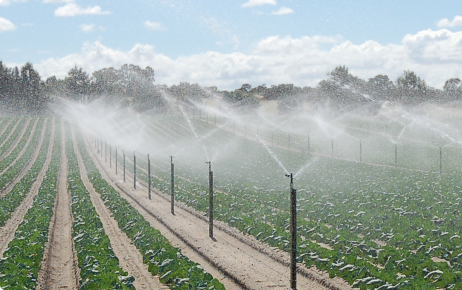
Irrigation monitoring and planning are critical components of modern agriculture, ensuring that crops receive the optimal amount of water at the right time. By leveraging technology such as sensors, satellite imagery, and data analytics, farmers can improve water use efficiency, reduce waste, and enhance crop yield and quality.
Benefits of Effective Irrigation Monitoring and Planning:
- Water Conservation
- Improved Crop Yields
- Cost Savings
- Environmental Sustainability
Crop Insurance Report
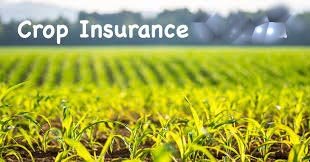
Crop insurance is designed to mitigate the financial risks associated with farming. It protects farmers from the economic impact of crop failures or significant yield reductions due to factors beyond their control, such as extreme weather conditions, pest infestations, or disease outbreaks. Governments and private insurers typically offer crop insurance policies, with many programs subsidized to make them more affordable for farmers.
